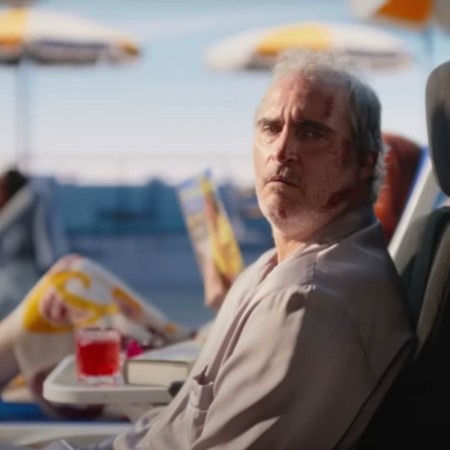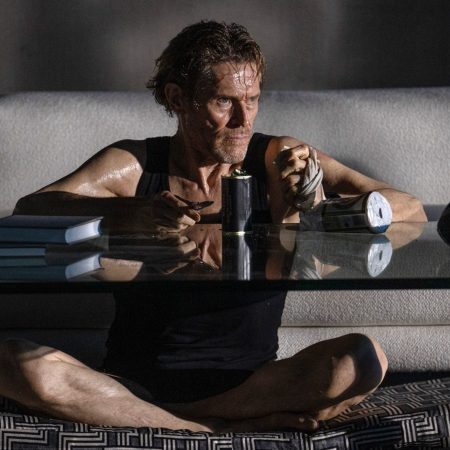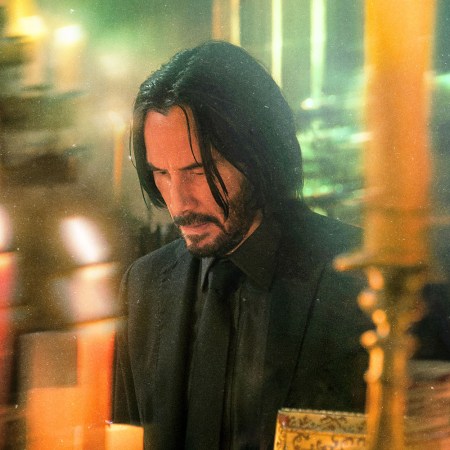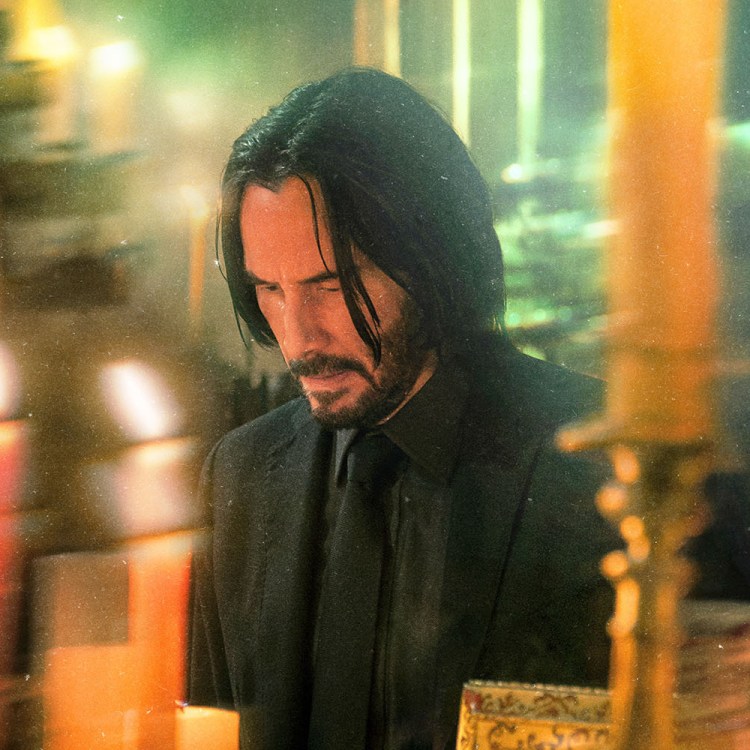In 2013, Ross Ulbricht was hunted down by the FBI while sitting in a San Francisco library. He was arrested for making half a billion dollars running Silk Road, a “dark web” marketplace for buying and selling illegal goods.
Ulbricht liked hanging out in the library’s sci-fi section for its quiet and free wifi. It makes for an ironic juxtaposition: one day you’re an aloof hacker sitting under a Dune poster, the next you’re facing a double life sentence for narcotics trafficking, money laundering and attempted murder (he spent almost a million dollars to hire six hitmen to take down his enemies).
In the days of Silk Road, Tor — a type of open-source software for maintaining anonymity online — was used to hide IP addresses and bitcoin facilitated transactions without involving banks. That would not happen today. Looking back, it’s referred to as “the most sophisticated and extensive criminal marketplace on the internet.”
But Ulbricht was more than a business mastermind, as we learned in investigative journalist David Kushner’s stunning longform report for Rolling Stone in 2014. But that’s not where the story ended.
Now, Lionsgate is releasing the first film that traces the rise and fall of the internet black market, called simply Silk Road (now available to stream on Amazon Prime and Apple TV). It stars Jurassic World star Nick Robinson as Ulbricht, with Jason Clarke (Zero Dark Thirty) as a Drug Enforcement Administration agent who is loosely based on the corrupt cops who worked on the case.
It’s directed by Tiller Russell (known for his recent crime series on Netflix, Night Stalker: The Hunt for a Serial Killer) and based on the Rolling Stone article written by Kushner in 2014. The title credits before the film read, “Everything in this film is true, except for what we changed.” It’s also the first film based on the fiasco, though there was a BBC documentary series that premiered in 2017.
Russell used documentary filmmaking tactics to bring this story to screen. “I have a background in non-fiction filmmaking, it was a blend of two different sensibilities — crime documentary filmmaking and feature filmmaking,” he says.
When Ulbricht was arrested in 2013, Russell recalls reading the news story. “I was in the middle of making a crime documentary and I remember holding a newspaper and reading about it — it was the most cursory reporting at that point, with a headline like ‘Nefarious Figure at the Heart of Black Market.’”
He recalls thinking, “Wow, there’s an amazing story here. Who is the character at the center of it?”
Over time, Russell began tracking Ulbricht, “in a similar methodology I would have used to making a documentary. Reading the reporting as it’s happening and then following the court case, then connecting with anyone who knew him.”
He reached out to Ulbricht’s ex-girlfriend Julia Vie, who became a consultant on the film and a window into Ulbricht’s character. “It was a documentary investigation that informed the first part of the film,” he says. “Then, at a point, you have to set that aside and say, ‘OK, this is what we know from this historical record, now we must imagine what the story would be like from the inside.”
The film starts in the early 2010s in San Francisco, tracing Silk Road’s success as an independent website where people could buy and sell anything anonymously, which quickly leads to it being a website where people sell, well, things that need to be sold anonymously: drugs, weapons, murder contracts. Ulbricht, a diehard libertarian, is quoted in the film saying: “Every action we take outside of government control strengthens the market and weakens the state.”
When his friends retort that “Jeff Bezos already beat you to it,” he says: “Bullshit, people want anonymity, encrypted transactions. The war on drugs in America is a farce.”
If Russell’s aim was verisimilitude, it’s interesting that he chose not to make a documentary, given his background. “One challenge with a documentary is that you’re limited by what people say and how they say it,” he says. “A story is only as good as its storyteller. Your sources may not tell the story in a compelling way. It was still a challenge to use historical records as inspiration for the Silk Road.”
The problem, then, was simply that the footage he needed didn’t exist, and never would. “There are scenes based on moments you weren’t there for, or there’s no documentation of, so you’re using your imagination. But if it’s based on a true story, you want to adhere as closely to the truth as possible.”
Early on, Russell reached out to Kushner, author of the Rolling Stone article. “I’m a huge fan of Kushner, who is a good reporter and vivid writer. He was the springboard of this whole thing,” says Russell.

The first time he read the Rolling Stone article, he felt Ulbricht was “deeply human,” Russell says. “It wasn’t just a nefarious gangster, dark-web mastermind. It was a snapshot of his upbringing, his youth, his family, it made him relatable and accessible as a character. It gave me a way in, emotionally. Kushner was willing to make himself an accessible resource, including his reporting process and everything that ended up on the cutting-room floor. At the same time, he didn’t have an agenda to force on me.”
Getting to Ulbricht — who still files essays on Medium and tweets about cryptography from prison — himself proved more difficult. Russell wrote him early in the filmmaking process, when he was still in New York on trial in 2015. “But I knew, and rightly so, his lawyers would never give me access to him. It was impossible.”
Russell instead used the “breadcrumbs” Ulbricht left online to piece together details in the film, from diary entries on his laptop to his chat logs, which were turned into evidentiary records. He also relied on conversations with Vie, the girlfriend who has continued to preach the gospel of her incarcerated paramour.
“Libertarianism was a guiding principle of who this guy is,” Russell recalls Vie telling him. “From the first time we met, he had a willingness to engage strangers and share his strong political convictions.”
To the filmmaker, that was gold. “Just having access to someone who saw him change was a fascinating perspective,” says Russell.
As a filmmaker, Russell is fascinated by morally grey areas and peeking into the dark side of humanity. Previously, he has created films on serial killer Richard Ramirez and Kiki Camarena, an American intelligence officer who was kidnapped by drug traffickers and killed in Mexico.
“I’ve asked myself this many times: What is it about me that’s so drawn to these crime stories?” he asks. “What is it about the Silk Road that I wanted to plumb the depths of humanity? It’s dark and heavy material. Stories are how we make meaning of the world. It’s in the process of telling them that we digest them.”
The release of the film also makes for interesting timing, with many of the psychedelic drugs that were sold on Silk Road becoming the subjects of clinical trials and supervised therapeutic use. If these drugs — which made up the lion’s of the products exchanged on Silk Road — are legalized, should Ulbricht be released from prison? He’s currently tweeting for his clemency.
The film also provides a glimpse into the early days of another hot topic: cryptocurrency.
“Silk Road put bitcoin in the zeitgeist in a big way,” says Russell. “It’s a bookend to the war on drugs. Now, we can get weed at the weed store. This was the old way of doing things. It was a watershed cultural moment. I am drawn to these kinds of stories to understand the world better.”
Correction: An earlier version of this article stated that Ulbricht was arrested by a SWAT team. He was in fact arrested by plainclothes FBI agents during a sting operation. You can read more about the arrest here.
This article was featured in the InsideHook newsletter. Sign up now.






















